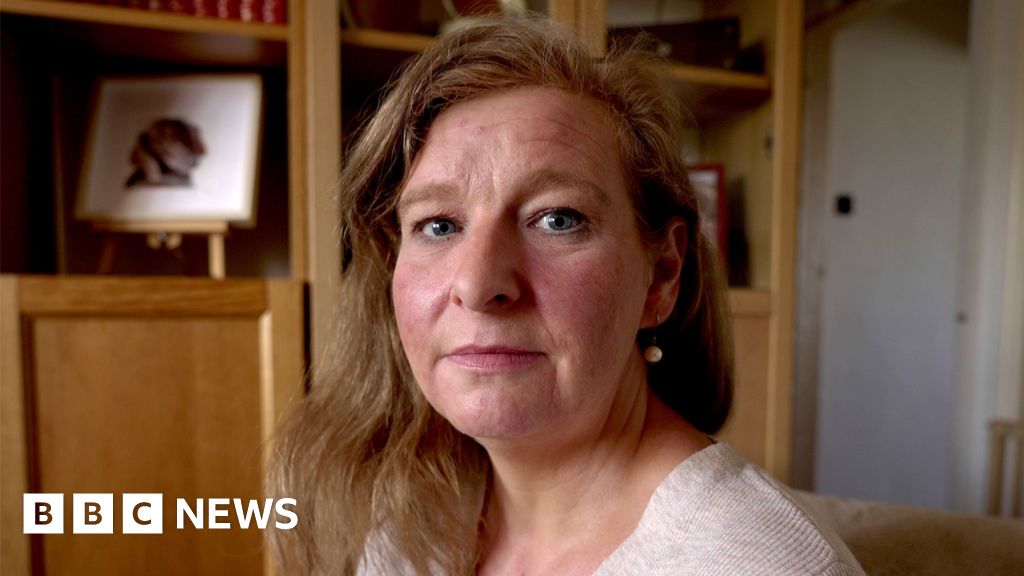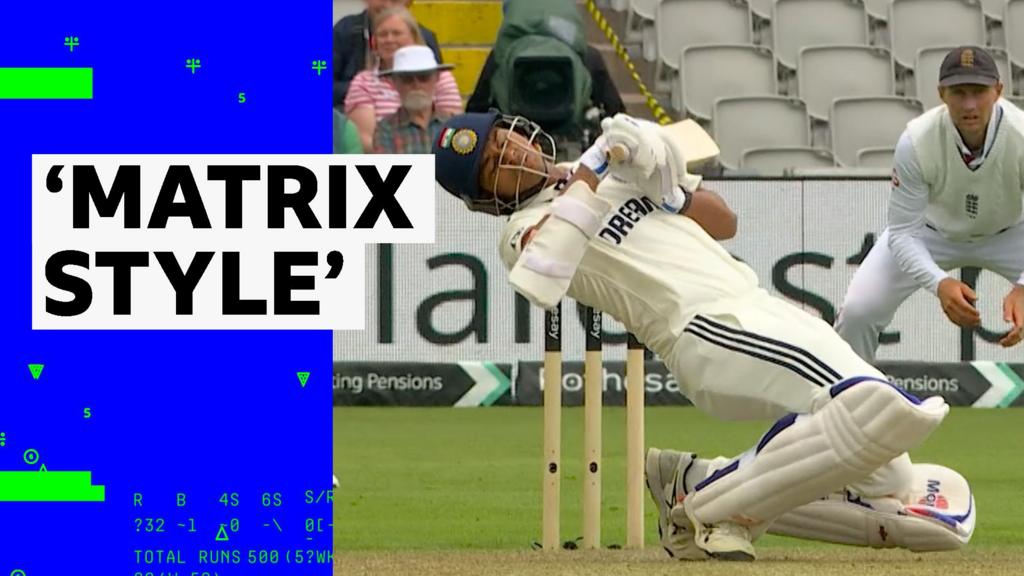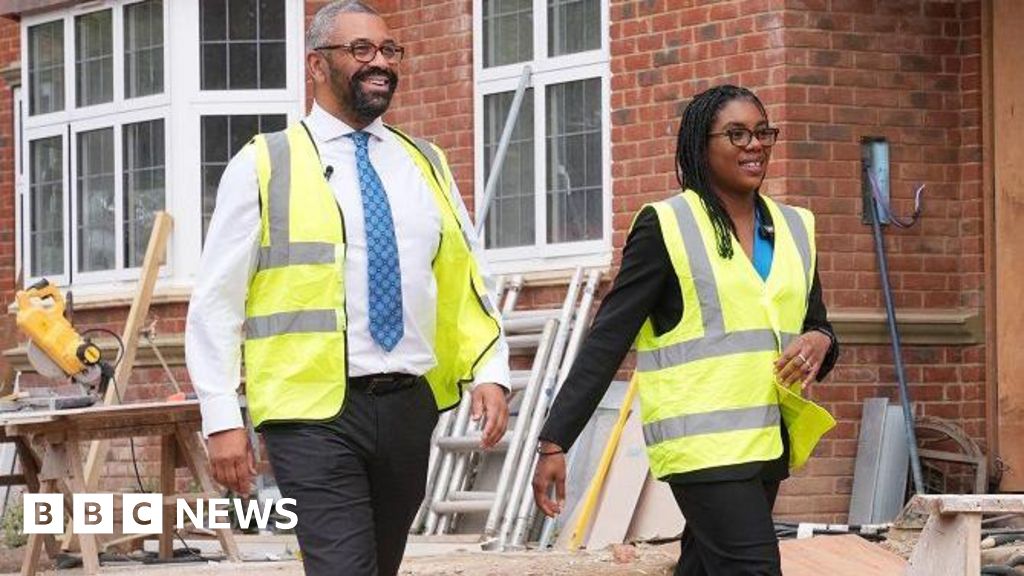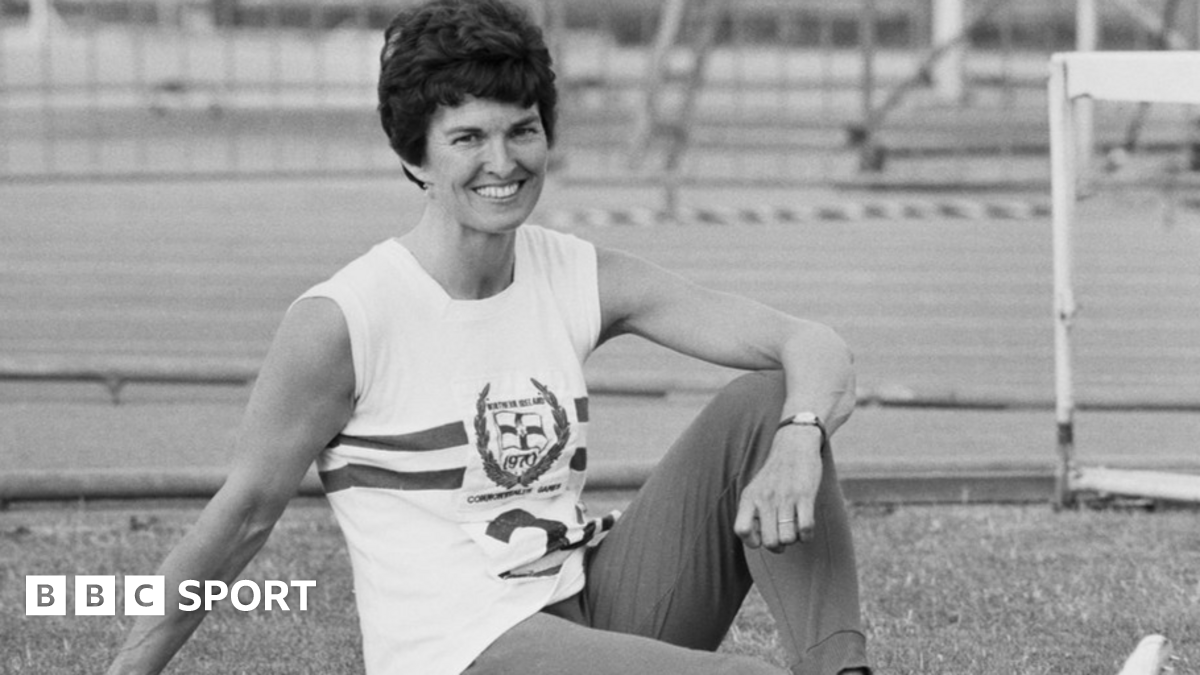So there was no last-minute intervention by Wes Streeting and his team at Whitehall. Resident doctors in England (formerly known as junior doctors) are on the picket line from 7am today until 7am on 30 July, a full five-day walkout.
And I’ll be joining them, in solidarity. Though I’m a resident doctor by grade, I currently work for NHS England on a freelance (locum) basis, so I’ll be supporting my colleagues by electing not to work on the aforementioned days, despite the sauteed carrot of “enhanced strike rates”.
Whenever doctors are engaged in a public pay dispute, our status as “heroes” is lost to accusations of shirking and self-interest. These attitudes even play out within different generations of doctors.
Discussing money in the sector has historically been taboo. When I was in medical school between 2011 and 2016, I can remember students being reprimanded by established doctors for any suggestion that they were pursuing medicine “to make money”. Those with “pound signs in their eyes” were advised to seek a career in the City instead. There was no need to discuss finances, as the understanding was that being a doctor was a challenging and noble vocation that, while it may never make you rich, would leave you more than financially secure.
You could look to consultants as examples of such financial security. After years of arduous training, they’ve arguably reached the top of their profession, the pinnacle. Many of them are covering for resident doctor colleagues over the weekend so residents can strike safely, reportedly advised to demand up to £6,000 a shift. Some may balk at such fees, but how much would a top lawyer charge to work out of hours?
With becoming a consultant no means a guarantee, debts of more than £100,000 and a rota that can be unforgiving, conditions for resident doctors are challenging. Then you throw in pay – 20% less in real terms compared with a doctor in 2008. Then, potentially, you can understand why morale is low among resident doctors.
Last year, a study found that at least half of the British public thought new junior doctors, as they were still known then, were paid too little. Yet public support is now slumping, with 49% opposing the walkout, and a slew of tabloid headlines since the strikes were announced have painted us as wilfully hampering the NHS just to add more money to our bank accounts.
Such concerns wouldn’t be high on the British Medical Association’s agenda, as it is its job to deliver the best deal for its members, and 90% of the resident doctors who cast their ballot voted in favour of industrial action. Not even the current government received such support at the last general election.
A friend of mine coined the term “gen Z BMA”. While I have no data on the generational makeup of BMA resident members, I would argue they’re gen Z in their approach – they’re fearless and resolute in their aims, and taboos around discussing money are a thing of the past. This current iteration of the BMA will probably shout: “We are paid X and we definitely aren’t worth less than colleagues of yesteryear who were paid Y.”
This attitude is at odds with some older members’. We have had retired doctors publicly relinquish their BMA memberships, as they disagree with the approach of resident doctors. Of course, there are consultant and senior colleagues who do support their resident colleagues, but I do feel these generational disagreements are in line with wider societal disputes.
Gen Zs and, to an extent, millennials, are often called workshy, and accused of not being willing to sacrifice or put in the graft their colleagues of yesteryear put in. But it could be argued that these younger generations know their worth and aren’t willing to merely “get on with it”. They are prepared to take a stand for what they believe in. Shouldn’t that be commended?
Some members of the public certainly don’t think so. A cursory look online reveals a lot of criticism: what about other public servants? What about nurses, teachers or firefighters? Do they not deserve a pay rise?
That, I would say respectfully, is a concern for those professions and their respective unions. Unions exist to represent their members and act in their best interests. Why would the BMA consider the interests of nurses, teachers or firefighters? That said, there should be solidarity among public servants – not a race to the bottom.
Strike action is meant to be disruptive. However, studies have found no evidence that strike action has any significant impact on in-hospital patient mortality. Patients are no more at harm than on non-strike days.
Some argue that doctors shouldn’t be allowed to strike due to our vital role. So we are too valuable to strike, but not valuable enough to be paid appropriately? How does that make sense?
-
Michael Akadiri is an award-winning standup comedian and resident doctor

 1 day ago
5
1 day ago
5










 English (US)
English (US)